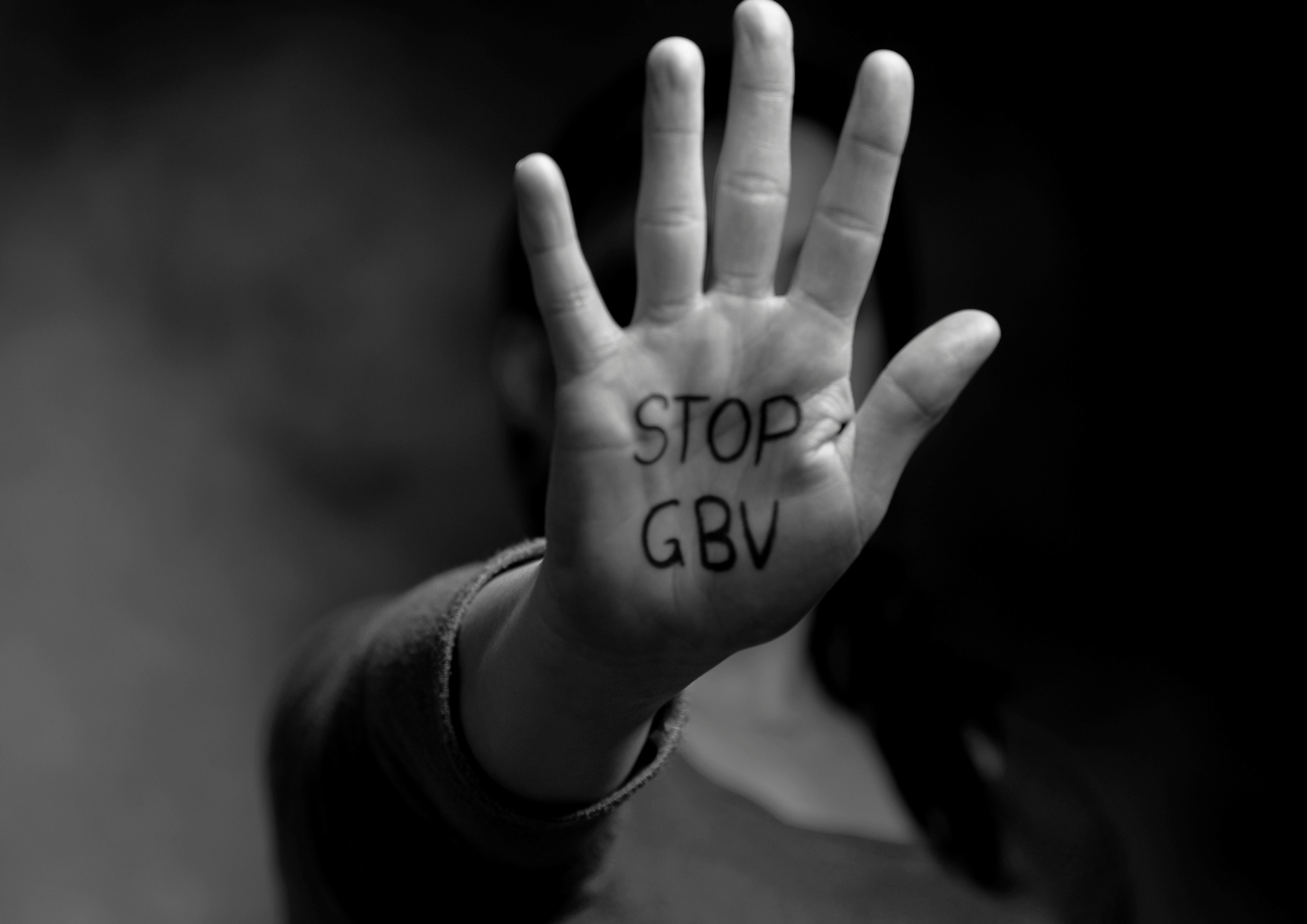- Women are not only portrayed as victims anymore and men as perpetrators — now numerous programmes are persuading men to help solve the problem.
- The movement of men from the periphery to the center of the intervention in Kenya's fight against GBV gives us hope.
The public outcry against Gender-Based Violence (GBV) in South Africa has echoed across borders, sparking global conversations and inspiring parallel actions including in Kenya, where online and community-driven activism is gaining momentum.
This moment presents Kenya with a powerful opportunity: to harness rising digital activism and local efforts as a foundation for deeper civic transformation. These movements are penetrating public consciousness, confronting harmful norms, and demanding the creation of safer spaces across the country.
In recent years, the discourse around GBV in Kenya has shifted. Women are no longer portrayed solely as victims, nor men only as perpetrators. Today, numerous programmes are actively persuading men to become part of the solution.
Organizations like Men End FGM Foundation (MEF) and MenEngage Kenya Network (MenKen) are playing a vital role in mobilizing men and boys challenging harmful gender norms, working to end female genital mutilation (FGM), and promoting positive masculinity.
These shifts are rooted in a clear understanding: if GBV is to be reduced, men must take on a different role.
Read More
FGM among women aged 15–49 in Kenya has declined significantly from 32% in 2003 to 15% in 2022. This reduction marks a major step toward eliminating extreme forms of gender-based violence.
Men-focused programmes are key drivers of this transformation. MenKen, for instance, highlights successes such as training journalists on GBV reporting, building capacity for local NGOs, and developing detailed manuals for engaging men in GBV and HIV prevention.
Their work also includes long-term initiatives like a United Nations Trust Fund project and a SIDA-funded programme both running since 2012 focused on reducing violence against women and promoting gender equality through male engagement.
Meanwhile, the Men End FGM Foundation remains committed to ending FGM, child marriage, and other harmful practices by engaging men and boys. In 2023, they launched the youth-led #SasaNiSisi campaign, which reached over 40,000 young people in West Pokot and Samburu counties.
“I am now ready to shape a better future for myself and my community,” shared Mercelina Chebet, a Youth for Change advocate.
The promotion of positive masculinity not only fosters personal growth among men and boys it also helps create safer spaces for survivors.
The Transforming MENTalities Panel Discussion, held in Nairobi on August 14, 2024, did just that. Young men and boys were invited to participate in a TikTok challenge (#ChangeMENTalities), reflecting on stereotypes and offering alternative masculine identities.
Still, the road ahead is not without challenges.
A policy review by Sonke Gender Justice and MenEngage Africa Alliance found that while Kenya has strong GBV and sexual and reproductive health (SRH) policies, most fail to mention the role of men and boys or the need to shift gender norms.
Experts caution that male involvement cannot remain surface-level. Programmes must go beyond appearances and confront patriarchal structures, power dynamics, and the cultural roots of violence.
The movement of men from the margins to the center of Kenya’s GBV response offers hope. Once seen only as perpetrators or silent bystanders, men are now stepping forward as active agents of change.
Progress is visible in the decline of FGM, in youth-led campaigns, in the rise of men-centered initiatives. But the work is far from done. It demands sustained energy, cultural shifts, and unwavering honesty.
The involvement of men and boys is not optional. If Kenya is to end GBV, it is essential.
Stay connected with us on WhatsApp and X for instant updates and breaking news as it happens.



-1772102940-md.jpg)


-1772090413-1772095461-md.jpg)
-1772094026-md.jpg)

-1772102940-sm.jpg)


-1772090413-1772095461-sm.jpg)